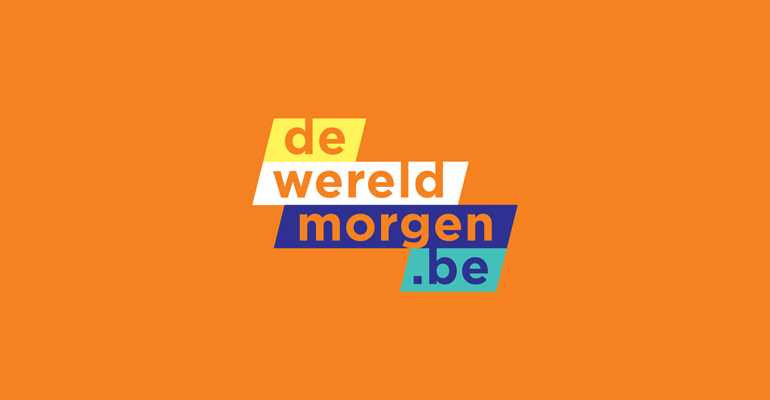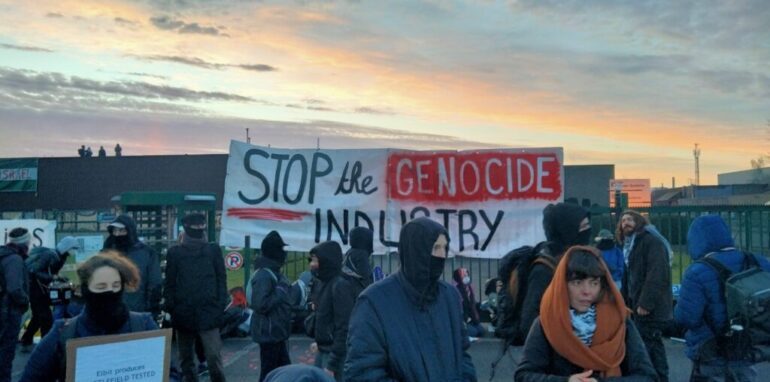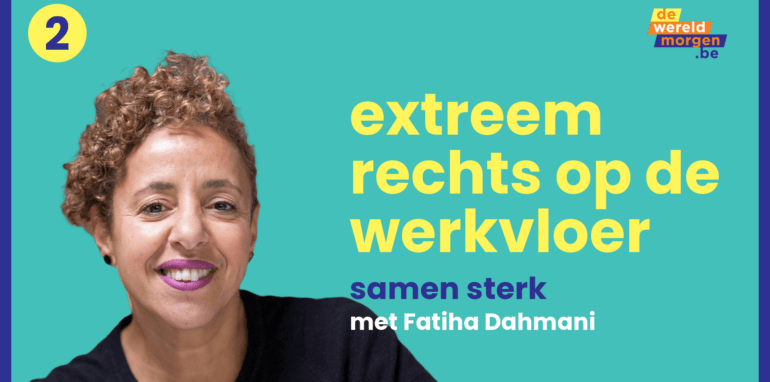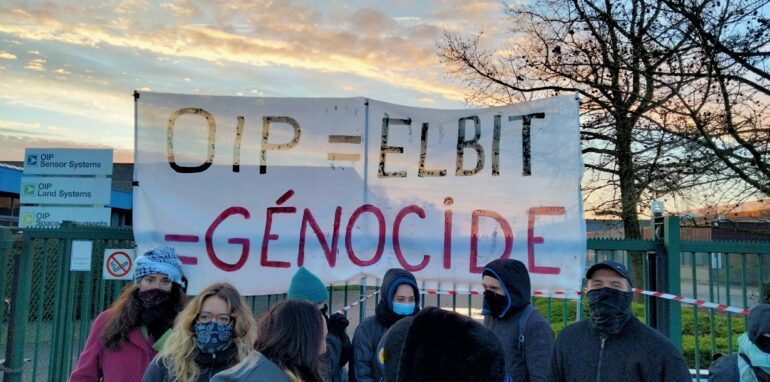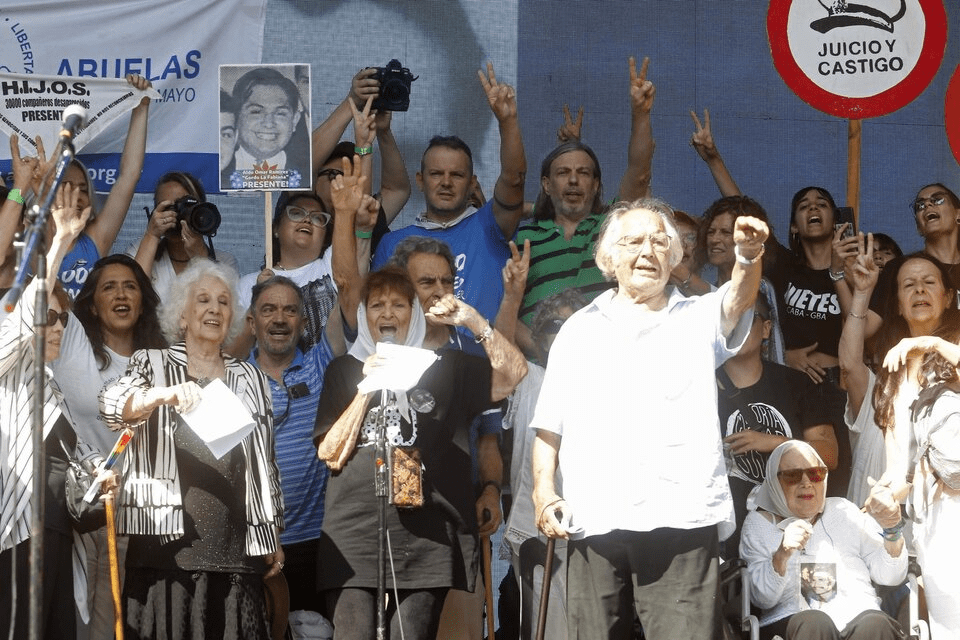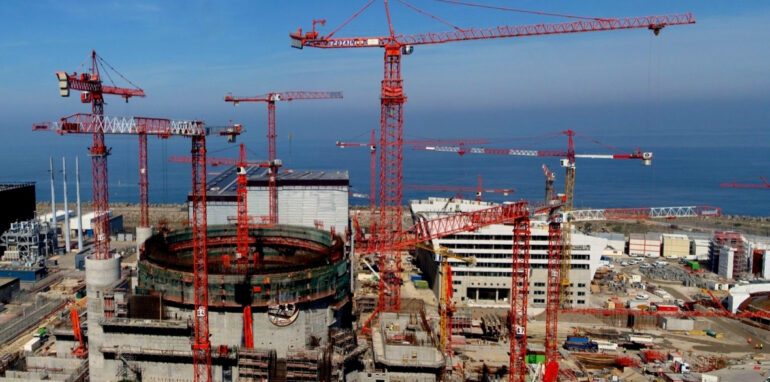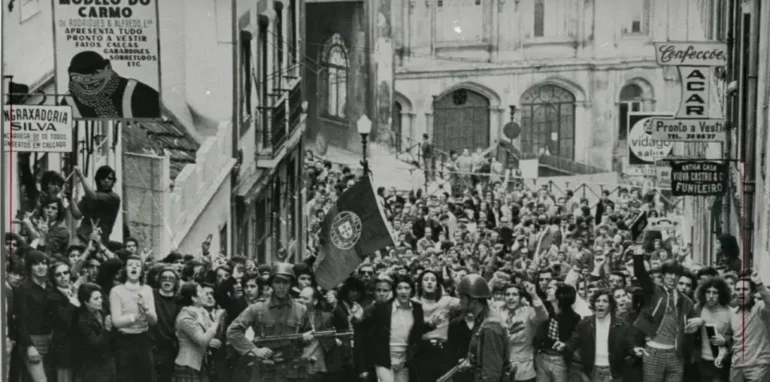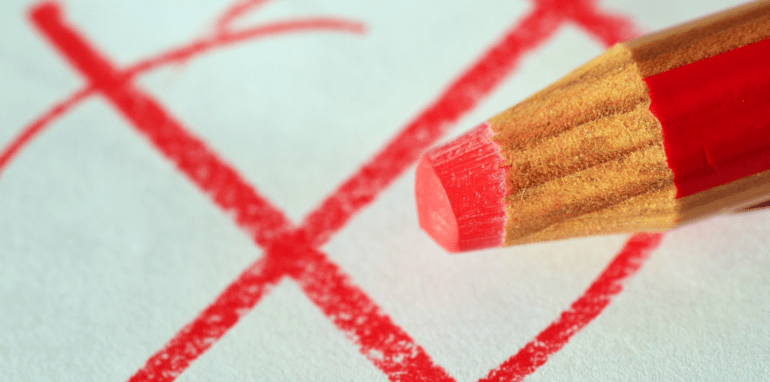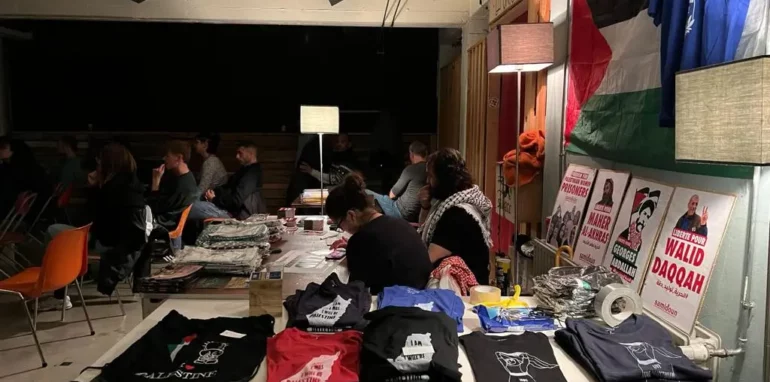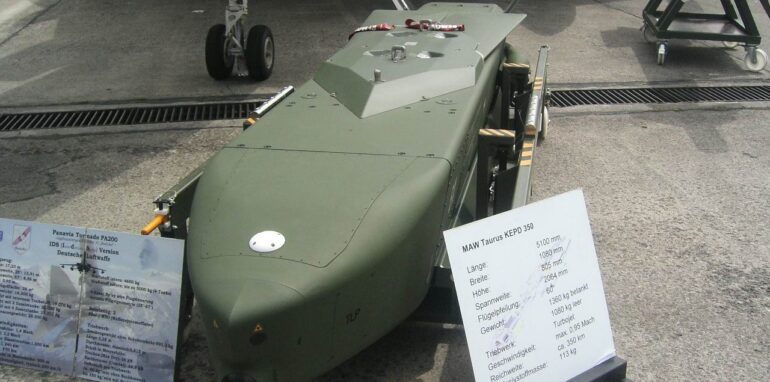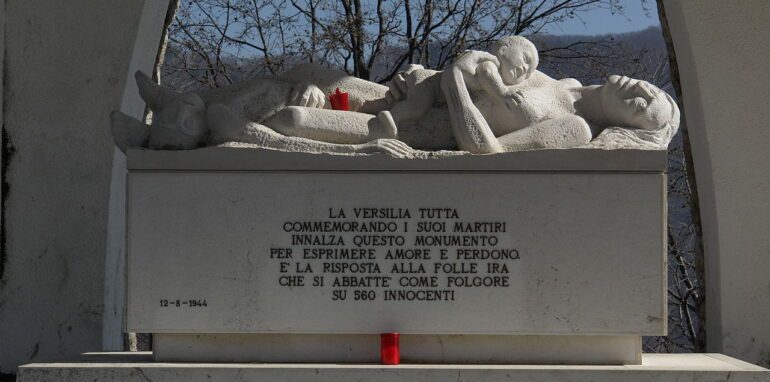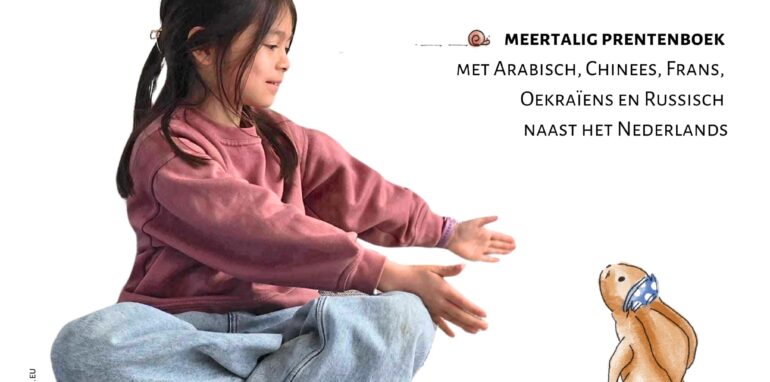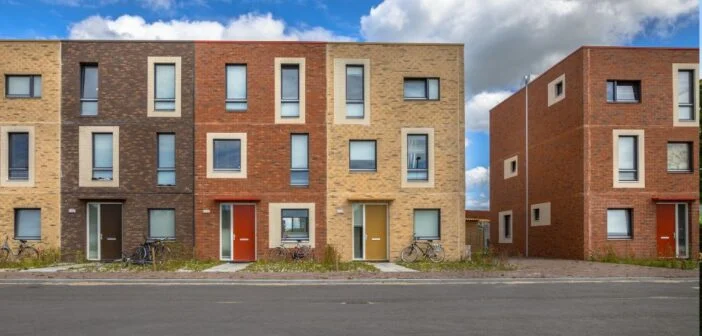Dear David Grossman,
you said wonderful words during your lunch talk in Passa Porta today, words of great wisdom. I filled four pages of my note book with them. How come I felt so utterly sad when I left? Maybe the answer is in my notebook.
I will not retell the story of you latest novel, A horse walks into a bar, the plot of which you told us in such a subtle way. ‘Literature’, you said, at the end of this introduction, ‘does not judge, literature is a second chance’. Beautiful. When your interviewer gave you a quote from the book from Pessoa ‘It is enough to exist, in order to be perfect’, you said: ‘To be complete means to live with the cracks, the losses, the contradictions’. And you added another quote: ‘Nothing more whole than a broken heart’. Beautiful.
‘Dovele, the main character, keeps the score of the people in the audience who leave when he breaks out in his painful story, why?’, the interviewer asked. You replied: ‘It is natural that people don’t want to look into the wounds of others. But some people stay and do look’. Beautiful. I want to be one of them, a higher voice in me said.
On the question why the book is political, you replied that it is political; that you cannot turn your back to a tormented, abnormal situation. ‘Most Israeli’s turn their back on what happens. My book The smile of the land was the first novel on the occupation and not many have been written since [Israeli novels you meant, no doubt] and Yellow wind was a book on life in the occupied territories. You told us how you went to Dheisheh camp, and that people had never seen an Israeli without a uniform, and how a grandmother looking like yours, took you into her concrete hut and told you her story. How they were expelled.
And then you said between nose and lips (as we say), ‘whether they were expelled or ran away, remains still dubious’. Well. Would you not run away, when villages are attacked by the Hagana at night and thirty houses are blown up with the people in them? That is quite a convincing argument to ‘spontaneously’ run away, isn’t it? Please let’s not beat around the bush on this: the Nakba, the foundation of Israel was an ethnic cleansing. Israel is literally based on a crime against humanity. The story that they just ‘ran away’, is miraculous, because till the present day it is and remains the only ethnic cleansing that is not recognized by the international community (according to your compatriot Ilan Pappe). And this ethnic cleansing and land grabbing is ongoing. Does that not bother you?
‘Politics, we must confront politics’, you continued, ‘we are the victims of politics, we are the victims of politicians that do nothing, that keep the status quo, after 40 years of occupation (well over 60 years I would say, but that can be debated). I do not think they do nothing, the colonization of the Westbank is ongoing, even heightened. That is not doing nothing, is it?
‘Between despair and apathy, there is a gap’, you said, ‘between daily life and reality, and this gap is filled with extremism’. Beautiful words. Words that increasingly apply to Europe too. ‘Israel is not an exiting place anymore to build a normal life, this is a danger to our democracy’.
Then the interviewer asked how one can live with trauma. ‘A thousand times Dovele has told his story to himself. We become trapped in our own stories, striking ones, “legislative stories”, you called them. We have to massage them and look and them with a sceptical eye. Under every story there is another story. There is an archaeology of stories. If we allow this flexibility, we can give up the story, the frustration is not to be fossilized, trapped into the story, otherwise we live frozen lives’. Beautiful words. And then you added: not only individuals are trapped into legislative stories, but also nations, myths. Like the myth that Israeli’s are victims.
Like your character, Dovele, you told us that ‘walking on your hands is useful.’ It is a way to invert the perspective. ‘To reformulate the world is the task of the artist and this reformulation echoes in the heart of the reader… the writer stresses the nuances in those stories. All the stories have been told, how to tell the stories, so they can move us, make a movement in us, change us?’ Beautiful.
The interviewer returned to the theme of trauma, and the Shoah. ‘The people who survived were lucky and felt guilty about it, and there was no place for them in the new Israel, they were victims from the past (very much the theme of your book See under: love)…’ ‘Netanyahu is a magician in stirring up the contemporary dangers with the shadows of the past’. ‘But’, you said, at the end, ‘One of the miracles of Israel is the reinvention of Hebrew, the coming home after 2000 years to our country from a diaspora of 70 countries, founding a democracy 3 years after the Shoah’. These last words left me speechless. This ‘legislative story’, this myth of return has been revealed a fiction by Shlomo Sand (in How the Jewish people was invented) and others, and moreover, this ‘miracle’ is based on a crime against humanity, the Nakba, the ethnic cleansing of Palestine, a crime that is ongoing. And about Israel being a democracy, we can discuss. Ilan Pappe was expelled for saying that the founding of Israel was an ethnic cleansing. Not very democratic.
There was only time for one question afterwards: ‘How do you see the future of Israel?’
You said: ‘I cannot afford the luxury of despair…. They make us believe that war is the only possible reality, that war is some sort of divine fate… The extremists have taken power on both sides, but I believe the belligerent way is against our interest. I believe in dialogue, in agreement, it will not be a fast process, but I believe in the educational power of compromise, it might take generations, I do not believe in absolute justice, I believe in the power of routine, of everydayness, Palestinian and Israeli s playing football together, playing music together like Daniel Barenboim’s orchestra. Our war cannot be won. Only normalcy can save us. Now we have no normalcy, we have no normal life, we have a limited life, not a complete life… But do not misread me, we need a strong army, for we are surrounded by big enemies, but only peace can save us. But not a naïve peace, a binational state [the one state solution] will only create an apartheid system.’ Again I was speechless. Do you not know that it is an apartheid system already? And a ruthless one, with hideous crimes every day. You must know.
The ‘Belgian Academic and Cultural Boycott of Israel’ (BACBI) convinced KASK, an art school in Ghent, where you speak tonight, not to accept the money from the Israeli Embassy that sponsors your trip. But does it change anything? For you are an ambassador for Israel either way. Is this a contradiction that makes you complete? Was your advice for question time, ‘literature not politics please’, not your turn to look away?
Now I understand why the Israeli embassy is willing to sponsor your trips: you are the best ambassador Israel can dream of. For you are the human face of Israel, a living testimony of its ‘miracles’. And while you do your critical-melancholic talks, on contradictions and the sceptical view on myths, the net result is hasbara [apologetic explanations defending Israel]. It is must be that what made me so sad.
With utmost respect
Lieven De Cauter, philosopher
Live stream David Grossman: http://www.passaporta.be/en/relive/live-stream/
